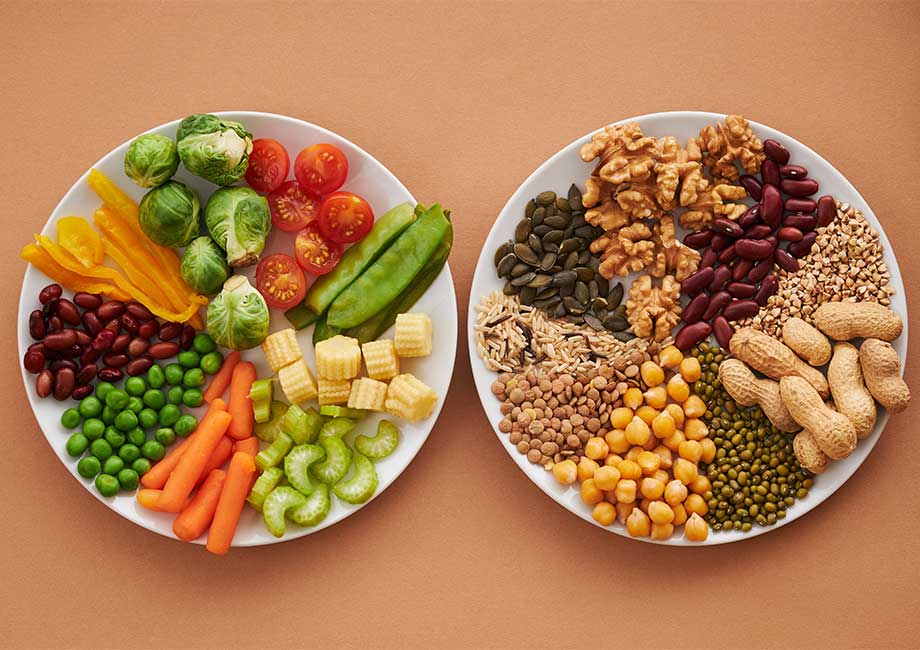We test and review fitness products based on an independent, multi-point methodology. If you use our links to purchase something, we may earn a commission. Read our disclosures.
If you’ve ever worked out on an empty stomach, you know just how terrible it can feel. Exercising while under-fueled can significantly decrease your performance because your body simply doesn’t have what it needs to complete the demands you are asking of it.
Additionally, working out low on fuel—whether you actually feel the sensation of hunger or not—can increase your perception of fatigue and discomfort, according to a 2019 study1 on intermittent fasting and athletic performance. In other words, hitting the gym without eating can make your sweat session feel harder than it would have had you eaten beforehand.
There is much more to be said on this topic, but since you’re already looking for recommendations for the best pre-workout food, I’ll assume you’re not the type to engage in fasted cardio. Without further ado, let’s look at how to fuel your body for endurance training, strength training, and hybrid training sessions such as CrossFit WODs and HIIT workouts.
Medical disclaimer: This article is intended for educational and informational purposes only. It is not intended as a substitute for medical advice. For health advice, contact a licensed healthcare provider.
The Best Pre-Workout Food for Endurance Training
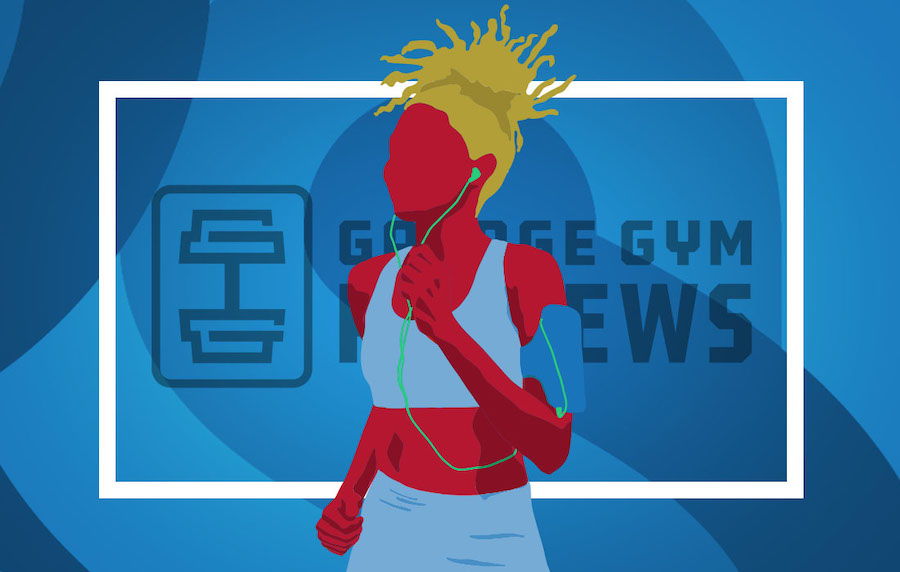
Focus on: Easily digestible carbohydrates
Endurance training is any type of monostructural (single mode), long, aerobic exercise, such as running, cycling, swimming, or hiking. The right foods to eat before endurance training2 are those that can quickly turn to glucose and keep blood sugar stable, which supports energy levels once glycogen stores (stored carbohydrates) are depleted.
How to eat for endurance training based on how much time you have:
- If you are eating 30 to 45 minutes before training: Give your body the simplest fuel there is—sugar. Running gels are great for this purpose, but a sports drink (not an artificially sweetened one) can work. Plain white bread, granola bars without nuts and seeds, and carb supplements such as maltodextrin are good options, too.
- If you are eating one to two hours before training: Enjoy some foods that contain simple carbohydrates, such as fruit, white bread, cereal, yogurt, bagels, or quick oats. This should be the size of a small meal.
- If you are eating two to three hours before training: Have a full meal that consists of 50 to 60% carbohydrates, with the rest of the calories coming from protein and healthy fats. Try to keep your carbs mostly simple, such as white rice or russet potatoes. Proteins can come from poultry, meat, fish, plant-based protein sources such as chickpeas, or a protein powder shake.
RELATED: Best Running Fuel
The Best Pre-Workout Food for Strength Training
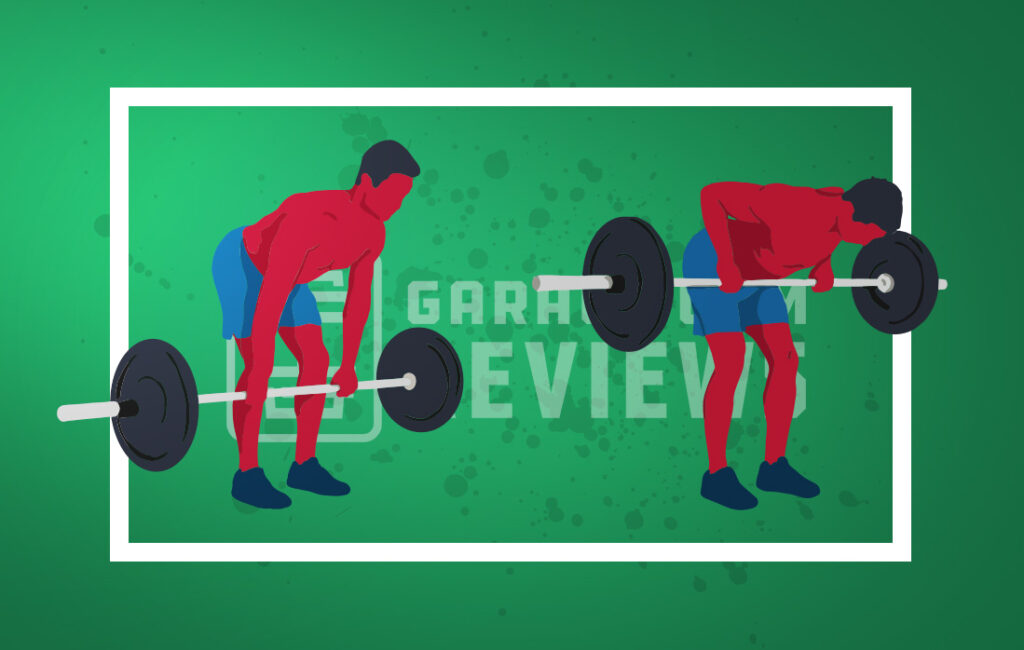
Focus on: A mix of high-quality carbohydrates and protein
Strength training, for the purposes of this article, refers to any type of training that involves using your own body weight or gym equipment to produce results like increased muscle mass, reduced body fat percentage, improved strength, or increased power. Strength training includes bodyweight resistance training, powerlifting, bodybuilding, Olympic weightlifting, and general weight training.
How to eat for strength training3 based on how much time you have:
- If you are eating 30 to 60 minutes before training: Quick-digesting carbohydrates and protein are ideal. This might look like a whey protein supplement plus a bowl of cereal with milk. Another option is greek yogurt, which contains protein and carbs. Dried fruit is a good source of energy, too.
- If you are eating one to two hours before training: You’ll still want to prioritize carbohydrates and protein, but you can add in some slower-digesting carbs such as whole-grain toast, brown rice, sweet potatoes, or whole oats. For protein, try hard-boiled eggs or a protein bar.
- If you are eating two to three hours before training: With enough time before training, you can get in some healthy fats alongside carbs and protein. Nut butters, like peanut butter and almond butter, supply ample calories and fats along with some protein.
RELATED: How to Build Muscle
The Best Pre-Workout Food for Hybrid Training
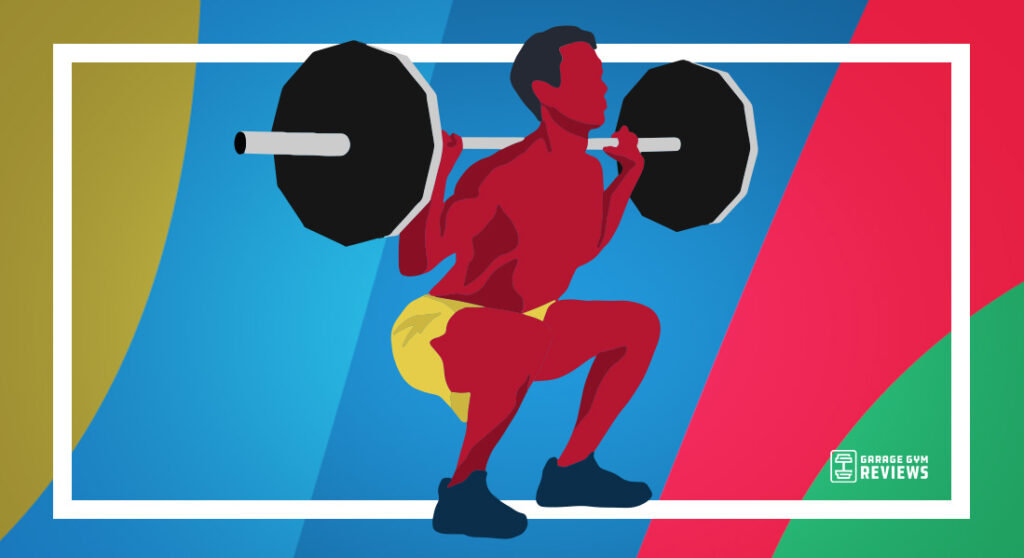
Focus on: Mainly quick-digesting carbohydrates with some protein and slow-digesting carbohydrates
CrossFit and HIIT workouts are examples of hybrid training. Eating for hybrid training, which includes elements of both cardiovascular exercise and resistance training, is similar to eating for strength training alone.
How to eat for hybrid training3 based on how much time you have:
- If you are eating 30 to 60 minutes before training: Some ideas include a fruit smoothie with antioxidant-rich fruits like blueberries and whey or vegan protein powder; plain toast with an egg or two; or a serving of white potatoes with cheese.
- If you are eating one to two hours before training: Whole-wheat carbs are great for sustained energy, but also include some simple carbohydrates for quick digestion. With an hour or two to spare, you can up the protein intake and include a small amount of healthy fats as well.
- If you are eating two to three hours before training: With enough time for a full meal, you can include all three macronutrients. Try a meal that’s about 50% carbohydrates, 30% protein, and 20% fats.
RELATED: Macro Ratios for Weight Loss
A Word on Hydration and Working Out
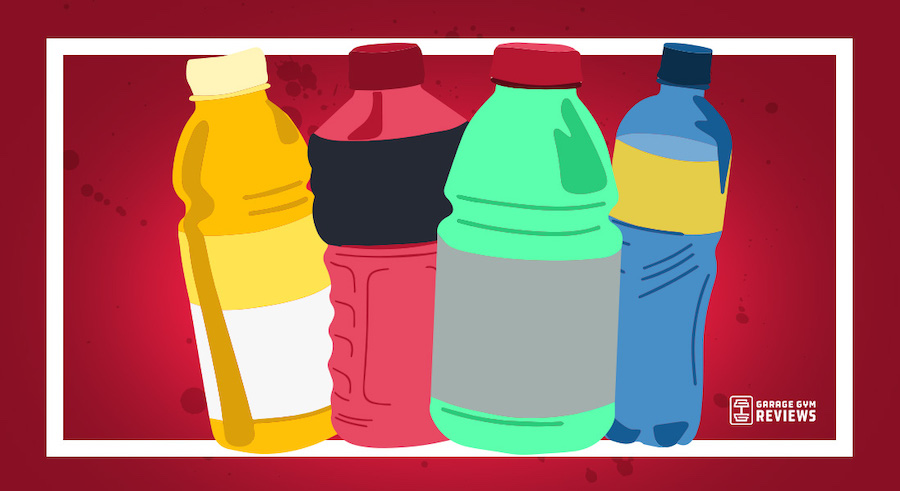
You could inhale a smorgasbord of nutritious, easily digestible fuel before your workout and you’d still be at a disadvantage if you start your workout dehydrated.
Maintaining fluid balance is not only critical to support your overall health, but dehydration can severely impact fitness performance, as well. Your body requires a state of optimal fluid balance for optimal performance.
According to the National Academy of Sports Medicine’s Certified Sports Nutrition Coach4 course, water loss of just 2% of body weight can result in significant performance detriments. This is why it’s so important to not just consume fluids during and after exercise, but to start each of your training sessions in a hydrated state.
Don’t forget about sodium, potassium, and other electrolytes, either: For hydration support, check out our guides to the best electrolyte powders and the best sports drinks.
RELATED: The Best Pre-Workout Snacks, According to a Dietitian
What About Supplements?
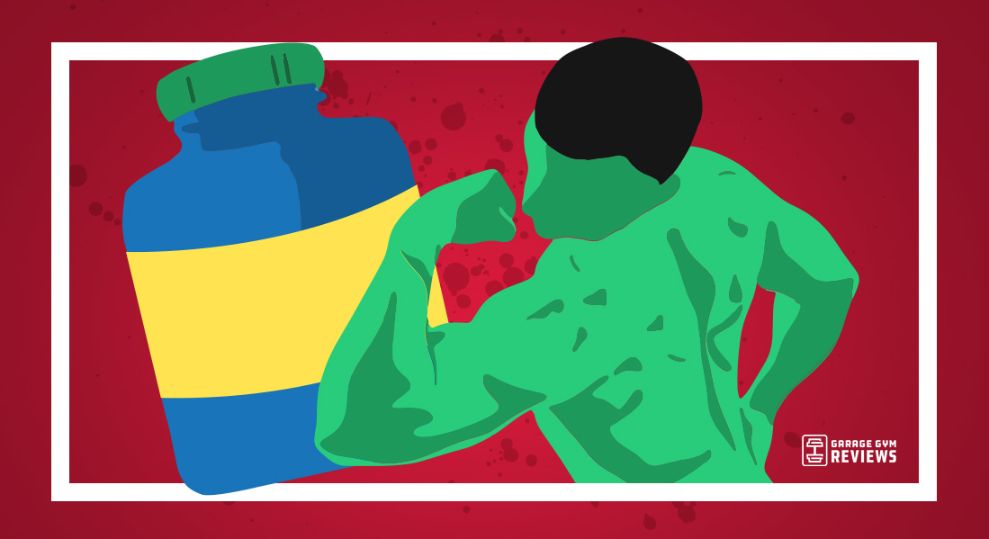
Supplements can certainly be useful for pre-workout nutrition, particularly if you find yourself in a time crunch. For instance, energy gels that contain nothing but simple carbs provide a quick, easy, and efficient way to give your body the energy it needs to exercise. For strength training, a protein shake or a combo shake of protein and carbs will provide calories and nutrients but probably feel lighter on the stomach than a full meal.
Additionally, other supplements can help with workout performance. Creatine, for instance, is known to improve athletic performance5 in a number of ways, and pre-workout with caffeine offers a jolt of energy plus ingredients for a muscle pump and enhanced endurance.
If you’re interested in supplements, you can find what works for you in our guides to the best creatine and the best pre-workout. We also have guides to the best protein powder and the best carb supplements.
Best Pre-Workout Food: Final Thoughts
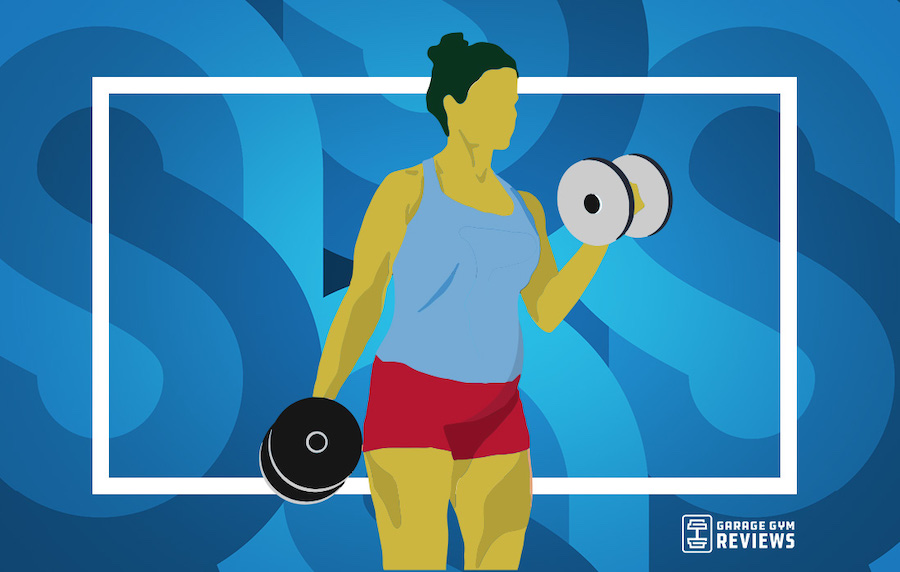
Ultimately, the best foods for a pre-workout meal vary depending on several factors, and things can change even more if you follow a specific diet, such as a low-carb, low-fat, or vegetarian diet.
While reading this article, you likely noticed a trend: Carbohydrates are ideal for endurance exercise and when you don’t have a lot of time, and the more time you have, the more types of nutrients you can fit into your pre-workout meal.
My personal favorite strategy is to consume a highly nutrient-dense meal containing all three macronutrients (with a focus on carbohydrates) two to three hours before a training session, with a pre-workout snack in the form of simple carbs 45 minutes before I start training.
The above strategy consistently produces optimal performance for me.
Of course, it’s important to remember that everyone is different, and experimentation is key. The same pre-workout meal won’t work for everyone; I encourage you to spend some time trying out different strategies to find what works best for you.
- When you eat matters: The closer it is to your workout time, the easier your meal needs to be for your body to digest.
- The type of training you’re doing matters: Endurance training requires more carbohydrates for optimal performance, whereas a mix of macronutrients is ideal for strength workouts and hybrid training.
- Hydration is critical: You should be starting your workouts hydrated, consuming water and electrolytes throughout, and replenishing with more water and electrolytes afterward.
- Supplements are a helpful tool: When you are tight on time or need something easier to digest, shakes with protein and/or carbohydrates are a good option. Additionally, creatine, caffeine, and pre-workout supplements can further enhance performance.
Best Pre-Workout Food: Q&A
How long before a workout should I eat?
You can eat at any time before a workout, but depending on when you plan to eat, your nutrition strategy should change. To consume a full meal, eat at least two hours before working out. To consume a small meal, eat at least one hour before working out. If you just need a snack or simple carbohydrates, eat 30 to 45 minutes before exercising. In the latter case, it’s wise to have had a full meal three to four hours before the carbohydrate snack.
How much should I eat before a workout?
How much to eat before a workout depends largely on how long before your workout you are eating, but also on a number of other factors, including the planned duration and intensity of the workout, the type of workout, your body size, and your wellness and fitness goals.
What foods should I avoid before the gym?
It’s difficult to say definitively which foods to avoid before a workout, since that would be largely influenced by the individual’s dietary needs and preferences, as well as how much time there is before the workout. In general, it’s wise to avoid anything that you know gives you gastrointestinal distress.
What should I eat after the gym?
Post-workout nutrition is just as important as pre-workout nutrition! To maximize muscle recovery and/or muscle growth, especially after high-intensity workouts, protein intake is extremely important. After a workout, try to consume proteins with a complete amino acid profile (containing all nine essential amino acids), as well as some high-quality carbohydrates and whole foods including veggies. In the long run, your overall nutrition and eating habits will make the biggest difference.
These statements have not been evaluated by the Food and Drug Administration. This product is not intended to diagnose, treat, cure, or prevent any diseases.
References
- Levy, Emily MD; Chu, Thomas DO. Intermittent Fasting and Its Effects on Athletic Performance: A Review. Current Sports Medicine Reports 18(7):p 266-269, July 2019. | DOI: 10.1249/JSR.0000000000000614
- Vitale K, Getzin A. Nutrition and Supplement Update for the Endurance Athlete: Review and Recommendations. Nutrients. 2019;11(6):1289. Published 2019 Jun 7. doi:10.3390/nu11061289
- Bytomski JR. Fueling for Performance. Sports Health. 2018;10(1):47-53. doi:10.1177/1941738117743913
- National Academy of Sports Medicine. Certified Sports Nutrition Coach (NASM-CSNC).
- Wang CC, Fang CC, Lee YH, Yang MT, Chan KH. Effects of 4-Week Creatine Supplementation Combined with Complex Training on Muscle Damage and Sport Performance. Nutrients. 2018;10(11):1640. Published 2018 Nov 2. doi:10.3390/nu10111640
Further reading

Want to find the best center-drive elliptical trainer on the market? We’ve compiled our top four favorites for your home gym. Read more

If you're dealing with picky eaters and want to ensure your children get the protein they need, check out this review of the best protein powder for kids. Read more

Budget is not always synonymous with quality. But in our guide to the best budget rowing machines, you’ll find that our picks are the exceptions. Read more

Look no further than this Horizon elliptical review to figure out which of these durable pieces of fitness equipment is right for you. Read more

